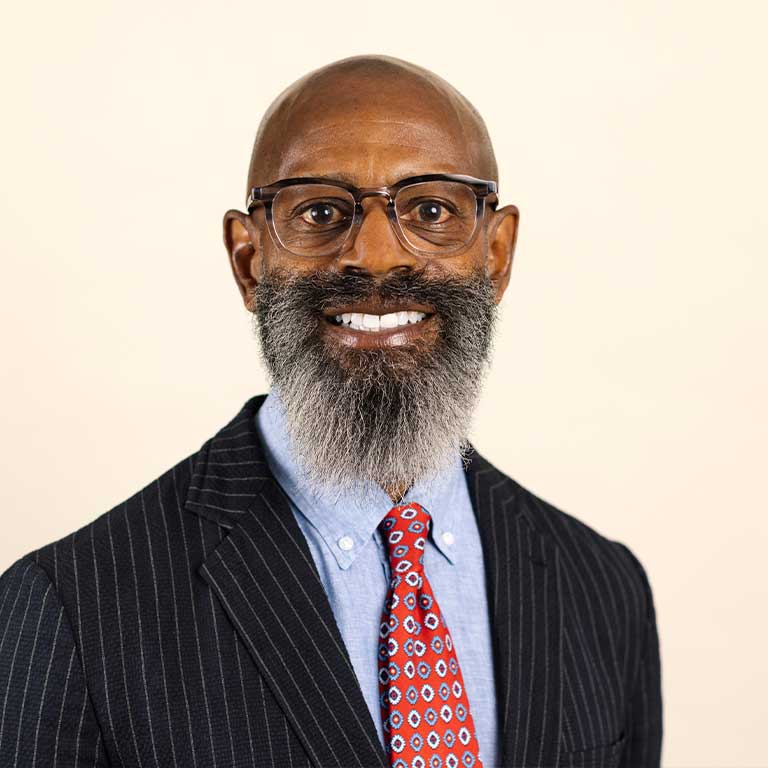This Saturday, in the very early morning hours, I heard from the comfort of my home the muffled clamor near downtown Indianapolis. Bleary-eyed and with a clouded mind, I had difficultly realizing what was happening. The sounds were unmistakable, but placing them in context was not nearly as easy as it should have been. And while everything became crystal clear by the time I read and watched news reports later in the morning, I think that, deep down, in my heart, I knew what had been transpiring all along. Indianapolis was reacting to the recent killings across the country of George Floyd, Dreasjon Reed, Breonna Taylor, Ahmaud Arbery, and so many other black and brown individuals.
The names of those subjected to violence over the years, in recent months alone, is now a list so long that many of them escape memory. And these are just the members of our society who we know and read about. I have no doubt there are many of our sisters and brothers who died without their fates recorded, without the world hearing their pleas for mercy, cries for help, or their lasts words and breaths.
Again and again, seemingly on a daily basis, people of color face acts of racism, prejudice, and bigotry. I know this because I hear it from our IU faculty, staff, and students, especially those of color. And I would group myself with my colleagues because I, too, have faced intolerance and experienced hatred. At IU, we denounce all forms of bigotry, hate, and racism, and we will continue to do so. We believe strongly in a society that values the respect and dignity of life for all. Moreover, we feel adamantly that the opportunity to live and work in a world that builds upon the contributions of everyone is not just a privilege but a right of life.
IU campuses are a microcosm of our larger society. Like our society, we know IU is not perfect, but we work diligently to make it so. Through the scholarly work of our faculty, the community building initiatives of our culture centers, and our partnerships and civic engagements with the communities we serve, we are committed to a university where a diverse community of faculty, staff, and students can flourish and feel comfortable sharing their thoughts and feelings.
Protests are carrying on across the country, and the clamor I heard on Saturday morning in downtown Indianapolis was heard again Saturday night and early Sunday morning. This time I watched in horror as it went from peaceful to violent. I understand the pent up tensions that are beginning to boil over. I see and feel the unrest in the communities that surround our campuses. It’s vital that we have these difficult conversations, and it’s equally vital that we do so in a safe and civil manner. It’s my hope that, in doing so, we can continue to take our feelings of anger, frustration, and uncertainty and translate them into thoughtful dialogue and action that will benefit our local and broader communities. We’re working on next steps for additional measures to create a more diverse and inclusive IU.
- James C. Wimbush, Vice President for Diversity, Equity, and Multicultural Affairs; Dean of The University Graduate School; and Johnson Chair for Diversity and Leadership.


